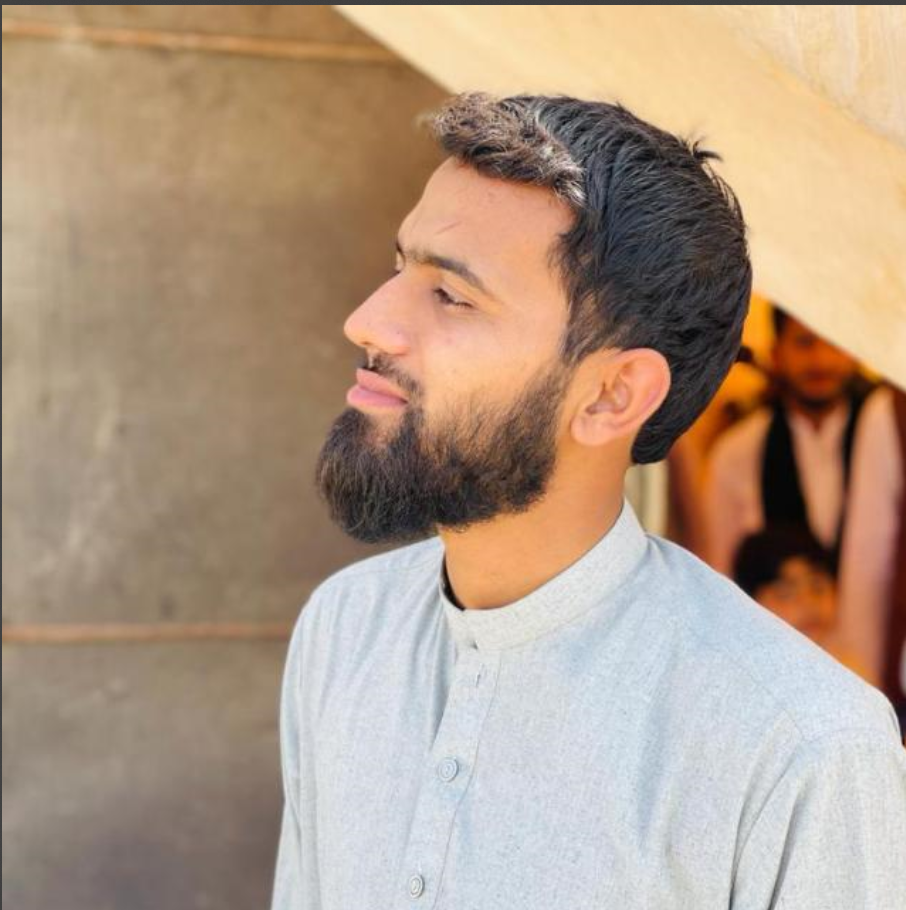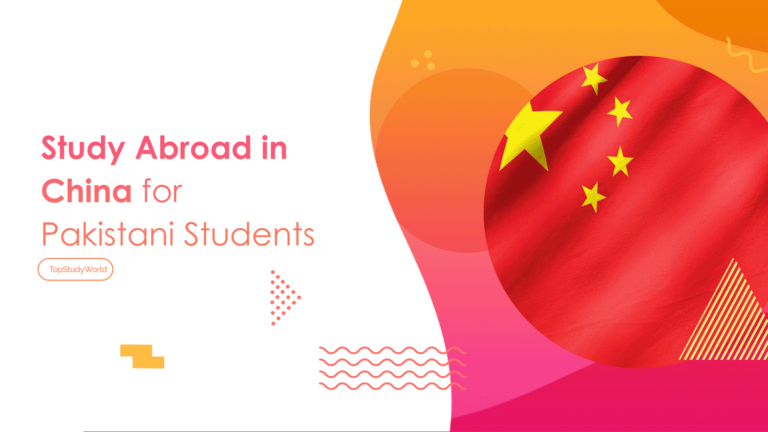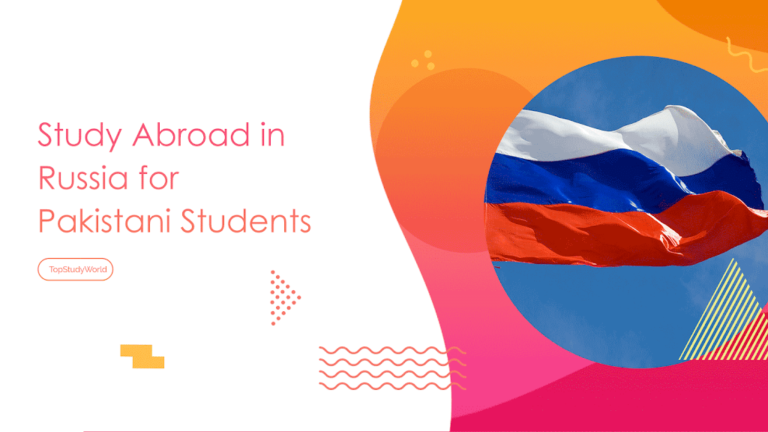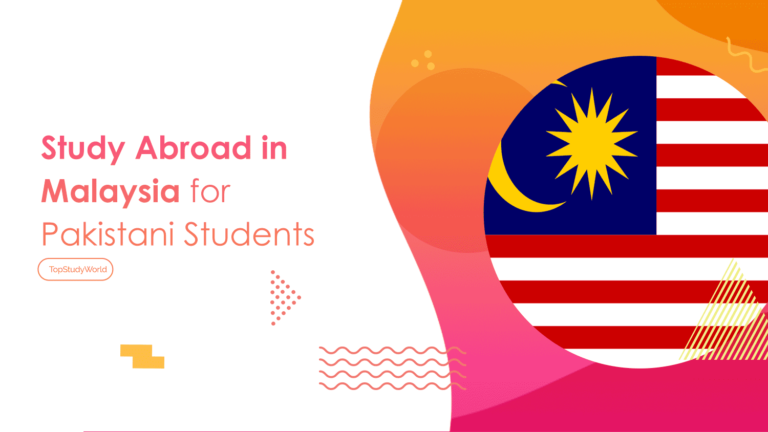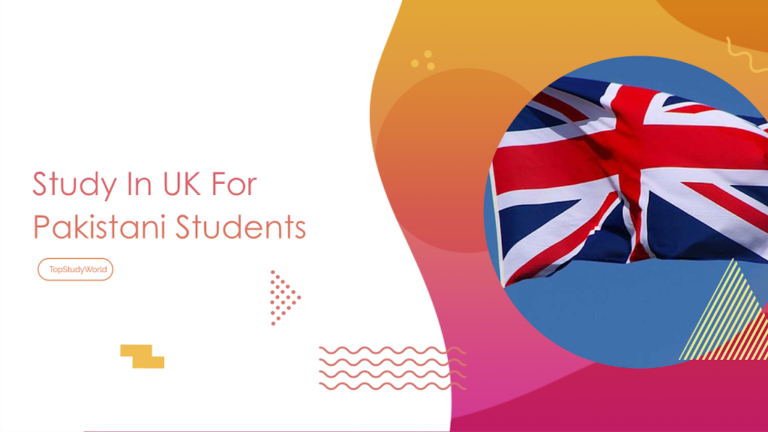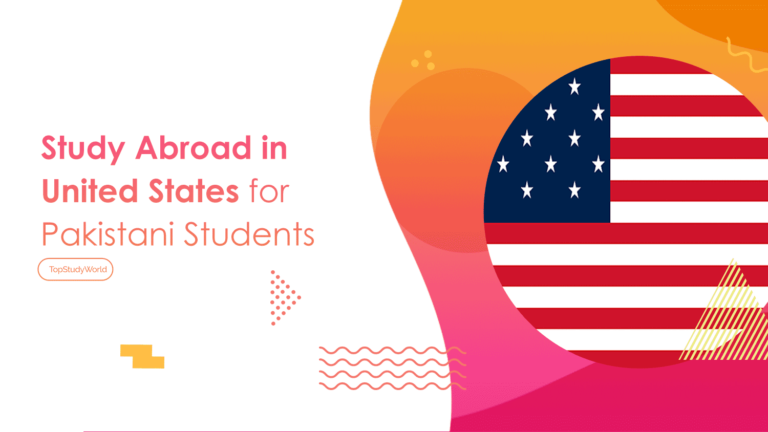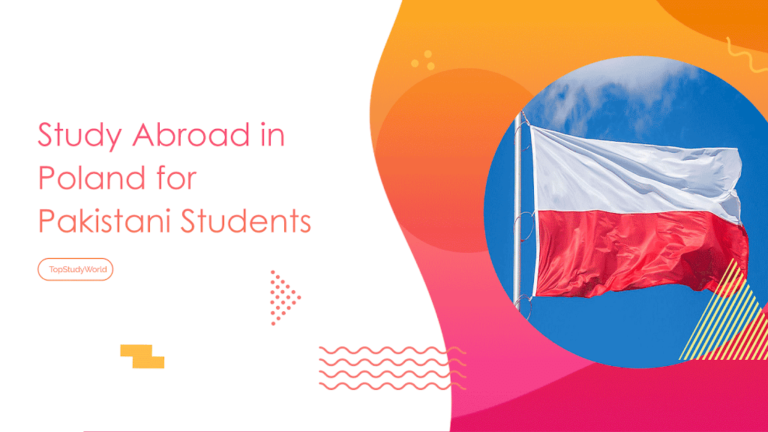Studying abroad in Norway can be a great opportunity for international students to gain a quality education in a unique and diverse setting.
Introduction to Norway

Did you know Norway has been ranked as the “Best Place to Live” by the United Nations in their Annual Human Development report?
Norway is prominent for its scenic beauty, northern lights, fjords, mountains, glaciers, and free education.
With Norway being only 4 hours ahead of Pakistan, its national language is Norwegian and the capital religions are Christianity and Islam.
Among the 5.2+ million population of Norway, the percentage of immigrants is 16.8.
Norway Top Universities
| University | Location | International Ranking |
|---|---|---|
| University of Oslo | Oslo | 121 (QS) |
| University of Bergen | Bergen | 201-250 (QS) |
| Norwegian University of Science and Technology | Trondheim | 351-400 (QS) |
| University of Tromsø – The Arctic University of Norway | Tromsø | 401-500 (QS) |
| UiT – The Arctic University of Norway | Tromsø | 401-500 (QS) |
Education in Norway

The educational system in Norway is quite similar to the academic methods of American and European nations.
The course credit scheme is called “studiepoeng” and is after the European Credit Transfer System (ECTS).
The most preferred courses by the international student body in Norway are Environmental Studies, Earth and Natural Sciences, MBBS, Mathematics, and Social Sciences.
Norway education has a semester system year-round where one semester is from August to December and the second semester is from January to June.
Related: Study Abroad in Ireland for Pakistani Students
While the grading system is parallel to the Pakistani system where Grade A is the highest and Grade F is the lowest.
Educational Institutions of Norway

Norway has several public institutions for you to apply to include the 7 public universities, 9 specialized university institutions, 22 university colleges, and 2 national colleges of Arts.
Among the top choice to apply in for Pakistani students are:
- NHH Norwegian School of Economics (Bergen)
- The University of Agder (Kristiansand)
- BI Norwegian Business School (Oslo)
- The University of Bergen (Bergen)
- Norwegian University of Science and Technology (NTNU)
- Arctic University of Norway
Admission Application Process for Norway
- You can apply in Norway by the “preliminary application system” in which you upload your basic details at your desired university and after evaluation, the University may offer you a deadline to provide the standard application forms and documents.
- You have to hold meetings with your agent/counselor to discuss your degree and university requirements. You can send in your admission application within the deadline date of the desired university with your agent.
- Upon receiving the Offer Letter, you will then apply for the Study Visa as per your agent’s instructions.
- It is favorable to learn beforehand the Norwegian language as you are going to live there and have to interact with the locals.
- If you have selected a course where the medium of study is the English language, you still have to attend and provide certifications of:
- 5 to 7 Bands overall
- IELTS
- TOEFL
- Minimum of 500 points in Paper-based test (PBT)
- Minimum of 60 points in Internet-based test (IBT)
- Cambridge ESOL Examination
Educational Expense in Norway

This Northern European nation provides free education to all international students in all courses ranging from diplomas to Bachelors and Master’s degree programs.
This free education is only by the public sector academic institutions. However, for those private institutions which charge fees, their educational costs are quite less and cheap than their American and European counterparts.
Related: Study Abroad in Singapore for Pakistani Students
Although, international students do have to deposit student union fees of NOK 300 to 600 every semester. This guarantees facilities like transport, health services, cheap ticket prices to the cinema or cultural events, sports facilities, and other social and entertainment benefits.
scholarships and Financial Aid
Norway offers a range of scholarships and financial aid options to international students. Here are some of the main sources of funding that may be available:
- Norwegian Government Scholarships: The Norwegian government offers scholarships for international students through its Quota Scheme and the Norwegian Partnership Program for Global Academic Cooperation. These scholarships cover tuition fees, living expenses, and travel costs.
- Erasmus+ Program: The Erasmus+ Program is a European Union initiative that supports international student exchange and mobility. Students from eligible countries can apply for Erasmus+ funding to cover living expenses and travel costs while studying in Norway.
- University Scholarships: Many universities in Norway offer scholarships and financial aid to international students. These may be based on academic merit, financial need, or other criteria. Some universities also offer tuition waivers for international students.
- Private Scholarships: Private organizations and foundations also offer scholarships and grants for international students studying in Norway. These may be based on specific areas of study, cultural or ethnic backgrounds, or other factors.
- Work-Study Programs: International students in Norway are allowed to work up to 20 hours per week while studying. This can help cover living expenses and reduce the need for additional financial aid.
Working Opportunities in Norway
You can work after obtaining the Study Residence Permit from the nearest Norway police station after arrival with a fee of 556 EUR.
During your stay in Norway, you can get paid work for about 20 hours per week and earn around NOK 197.90/120 per hour. In this way, you can easily cover your living expenses there.
Norway ranks 23rd place in the world economy. You can avail good part-time and after graduation wide job opportunities in the rising industrial sectors of Norway such as:
- Restaurants and newspaper distribution firms
- Forestry and fishing
- Paper and pulp
- Aquaculture and shipping
Study Visa for Norway
- The Norway Embassy has opened the Visa Application Centers (VAC) in Pakistan in Lahore, Karachi, and Islamabad.
- You can download the visa application form from their official website but still have to visit the VAC for in-depth information.
- Don’t worry if your Visa application isn’t approved in time, because it takes up to 8 weeks for the Norway student visa to be processed.
- Therefore, you should apply for the study visa about 2 to 3 months before the start of your Norwegian degree program.
- The study visa processing fee for Norway is 30 EUR.
- Attend an interview for the visa application.
Requirements for Study Visa
- Bank statement of 12211 EUR/year or NOK 116369
- Return ticket proof
- University admission confirmation
- Complete academic record
- English language proficiency certificates
- Travel health insurance
- Accommodation confirmation
- Statement of Purpose (SOP)
- NOC
- Valid passport
Why Study in Norway?
- First and foremost you get to study abroad in Norway and avail yourself of its free education!
- Blessed with snow and cold for up to 6 months a year, Norway is a sight to behold. You will never tire of its exceptional beauty!
- In case you are burdened with studies, you can always break the monotony by engaging in recreational activities in Norway. From hiking and skiing to camping and trekking, Norway provides all!
- One good thing for us Pakistani students is the very low crime rate in Norway. Safety and security first!
- You will have access to free proper medical treatments in Norway if you meet the preconditions. These prerequisites depend upon your limits of stay in Norway, your nationality, and your health insurance.

He is an SEO wizard and founder of Top Study World & Nafran, has been featured more times than a celebrity on Ahrefs, Semrush, Dawn News, Propakistani and dozens more. His superpower? Helping students ace their exams!







